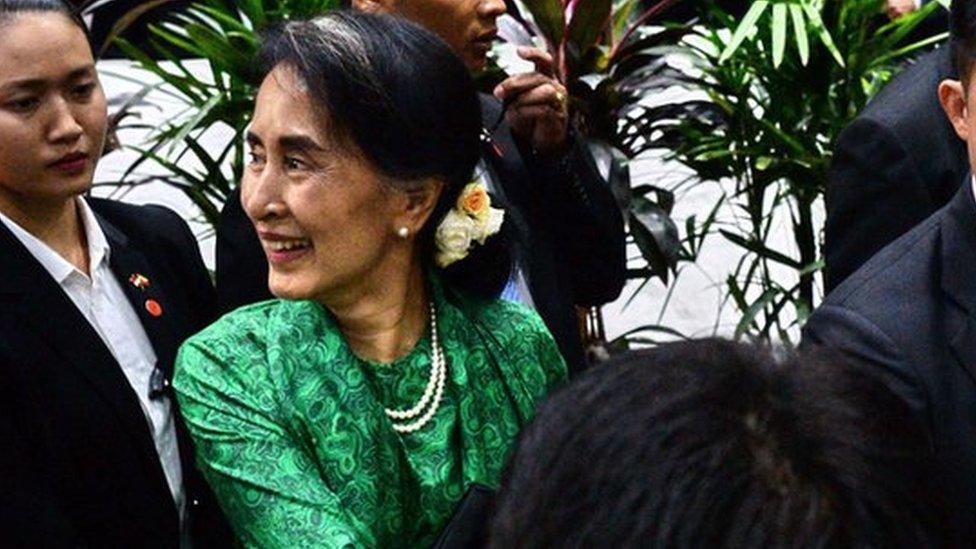Myanmar president Htin Kyaw resigns
- Published
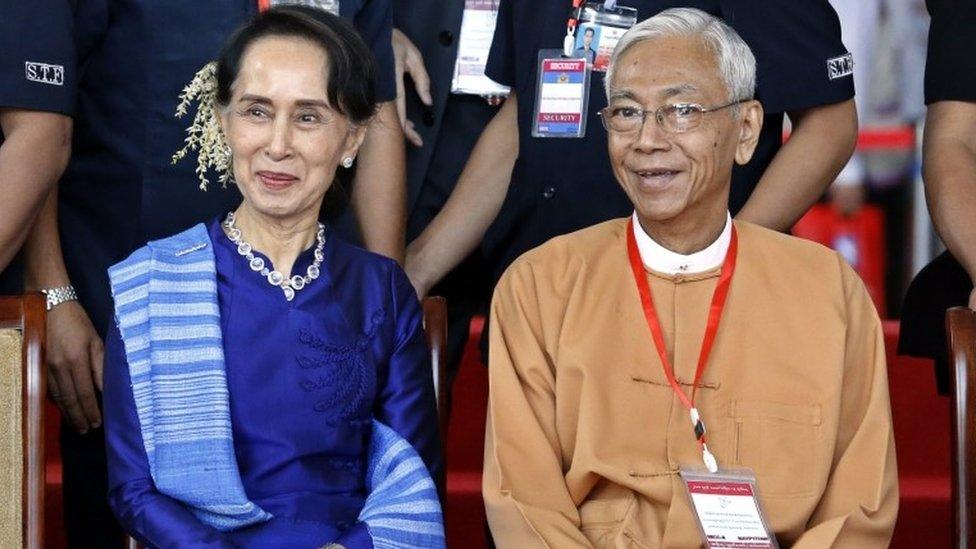
Aung San Suu Kyi was barred from the top job but acts as Myanmar's de facto president
The president of Myanmar Htin Kyaw has resigned, his office has announced.
No reason was given, but there have been growing concerns in recent months about the 71-year-old's health after he appeared frail at official functions.
Htin Kyaw was sworn in as president in 2016 after landmark elections which ended decades of military leadership.
But he was essentially a ceremonial leader, with long-time opposition leader Aung San Suu Kyi acting as de facto president.
The statement posted on the presidency's Facebook page, external said Htin Kyaw wanted to "take a rest".
Vice-President Myint Swe, a former general, would act as president until a new president is chosen within seven days, it said.
Ms Suu Kyi, who was jailed for years under the military junta, was banned from taking the top job.
A clause in the constitution - widely seen as being deliberately designed to keep her from office - states that no-one with children of another nationality can be president.
She had two children with her late British husband.
Htin Kyaw was her childhood friend, long-time adviser and some time driver. He was widely seen as quiet and dependable, and someone she could trust entirely.
Dogged by Rakhine crisis
Ms Suu Kyi's National League for Democracy had a landslide win in elections held in November 2015.
But the leadership has been dogged by issues since it took power, most prominently the Rohingya crisis in Rakhine state.
Nearly 700,000 Muslim Rohingya have fled violence in Myanmar since August, amid a military crackdown sparked by deadly attacks on police stations.
The government said it was targeting Rohingya militants behind the attacks, but the scale of the operation has led to accusations that it could amount to genocide.
It has also seen Ms Suu Kyi's global popularity plummet, and she has found herself increasingly isolated by her former international allies.

The next choice for the presidency
Jonathan Head, BBC South East Asia correspondent
When Aung San Suu Kyi's party swept the board in 2015, the biggest question hung over how she would address the constitutional barrier to her taking the top job of president.
She ruffled military feathers with her immediate promise to be "above the president" and to wield all effective power.
Her selection of Htin Kyaw as president, confirmed the expectation that it would become a largely ceremonial post despite being invested with extensive executive powers under the constitution.
Ms Suu Kyi then created for herself the position of state counsellor, with its own ministry, over the objections of the military, through which she has exercised de facto power. She has also taken the job of foreign minister.
However the crisis over the military's operation in Rakhine has exposed the flaws in this over-dependence on one woman.
Ms Suu Kyi has appeared overwhelmed by the need to respond to international criticism of the treatment of Rohingyas, while every other challenge confronting Myanmar, from a failing peace process to economic reform, also requires her involvement and approval.
The selection of Htin Kyaw's replacement gives her an opportunity to put a less compliant figure in the post, to whom she could delegate more responsibility.
Her long record of unquestioned dominance over her party, however, suggests she will probably choose yet another loyalist.
- Published23 January 2020
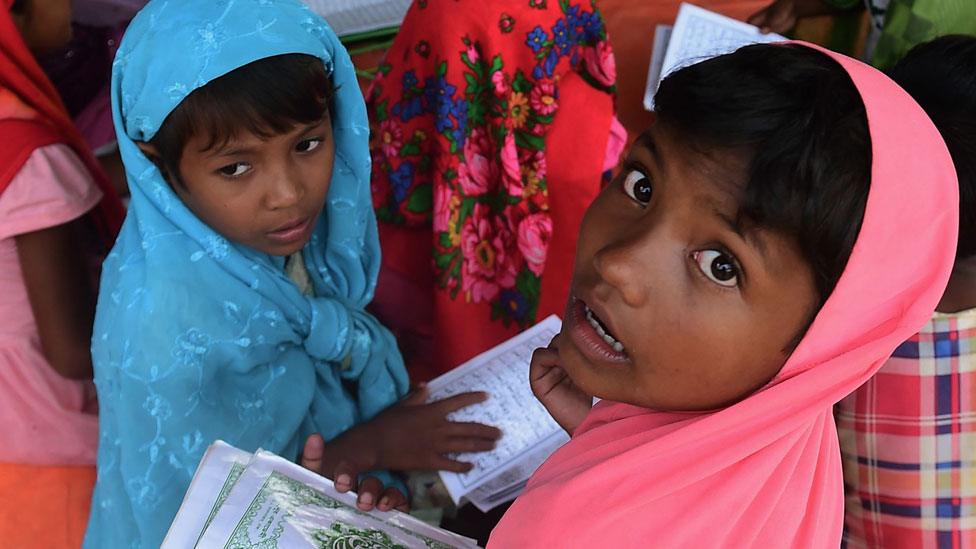
- Published15 March 2016
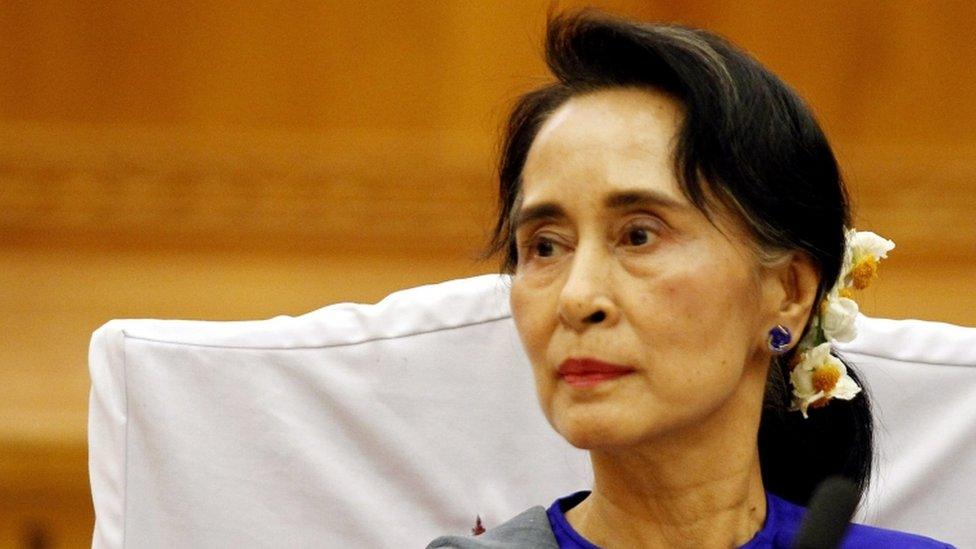
- Published6 December 2021
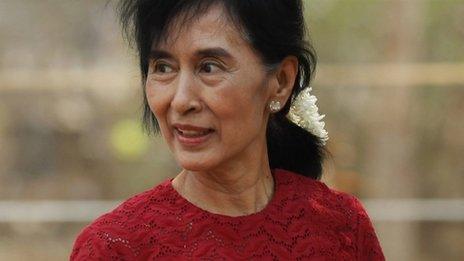
- Published28 September 2017
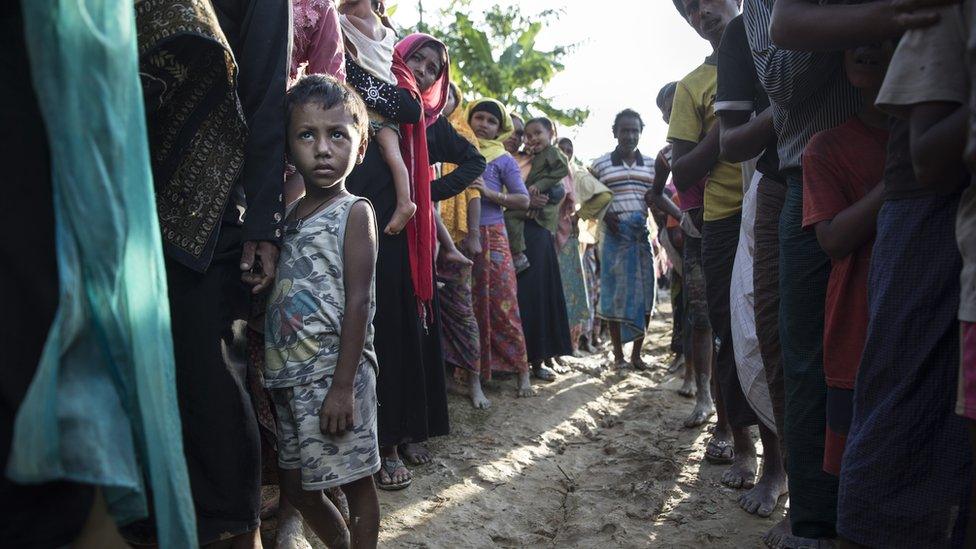
- Published20 March 2018
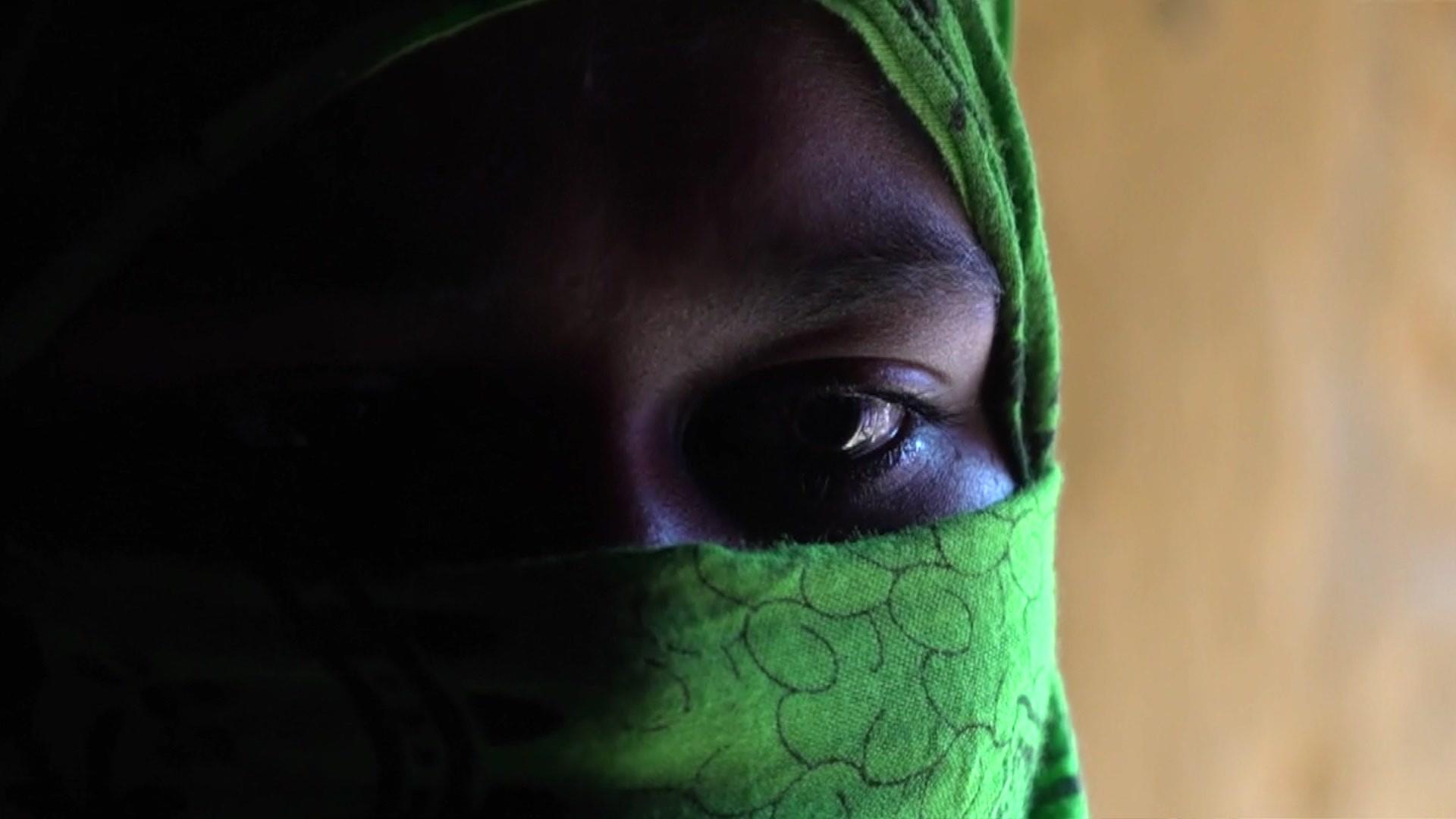
- Published8 July 2016
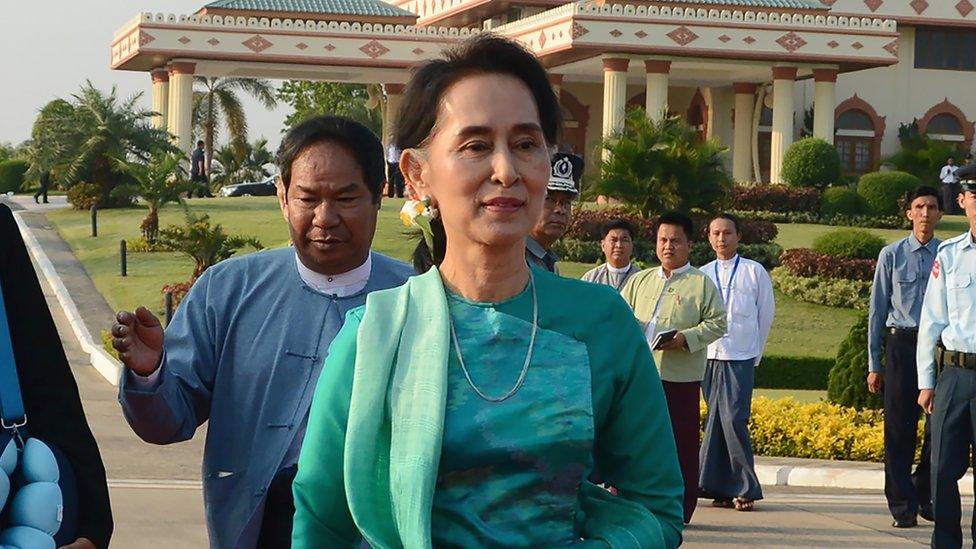
- Published6 September 2017
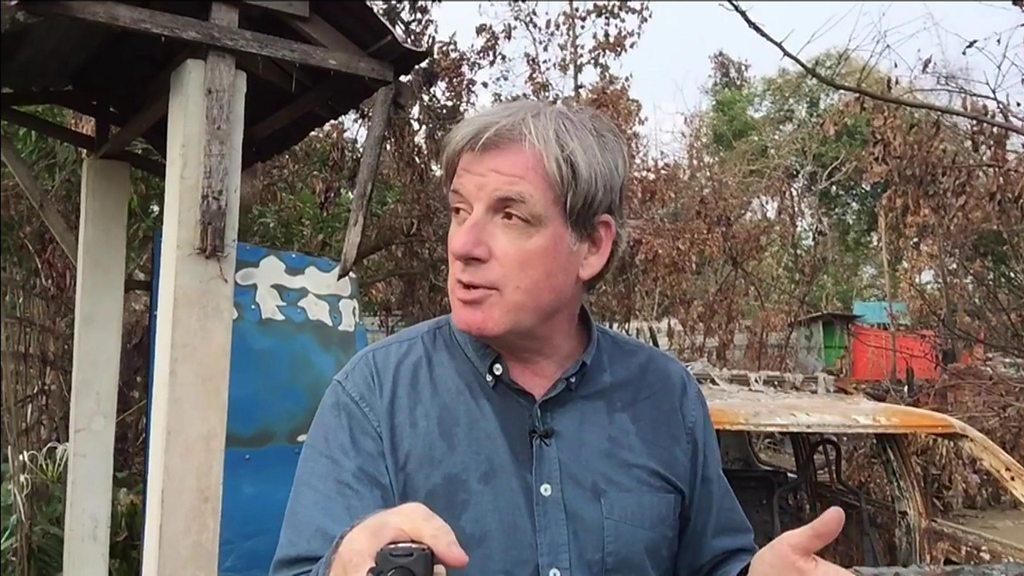
- Published10 January 2018

- Published10 January 2017
